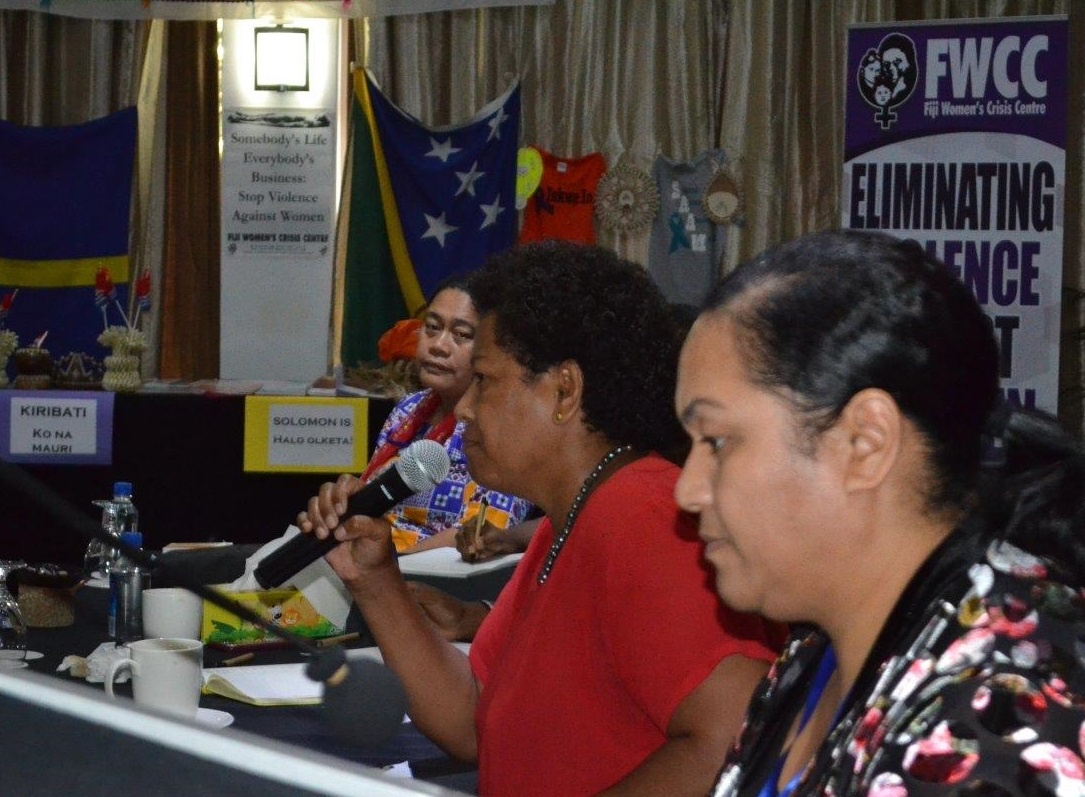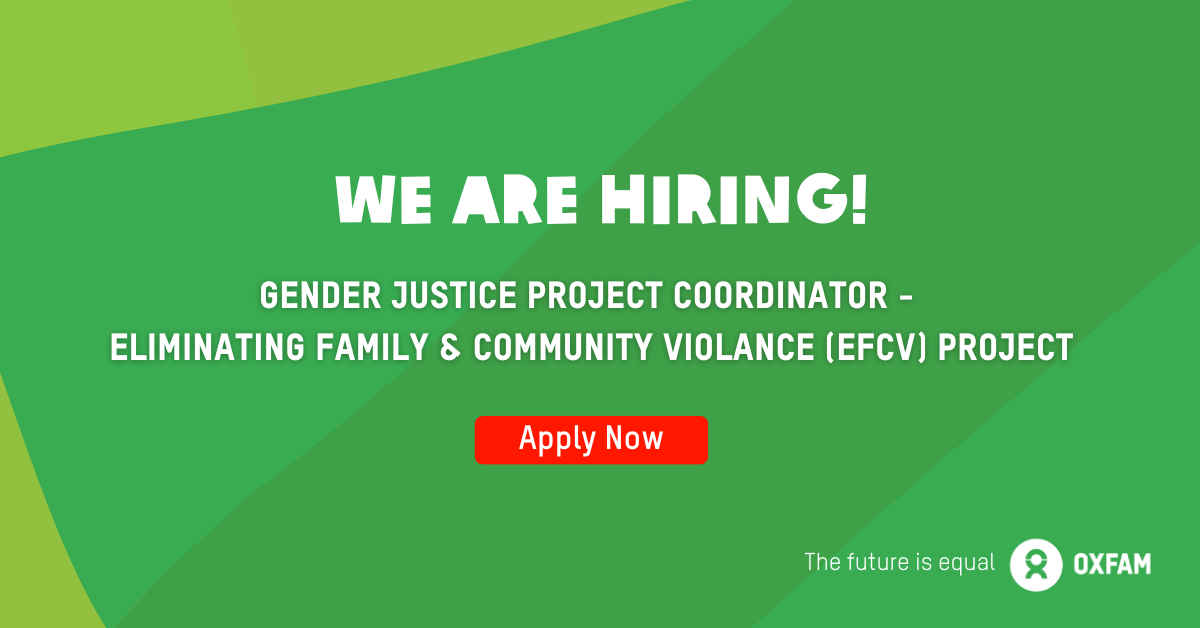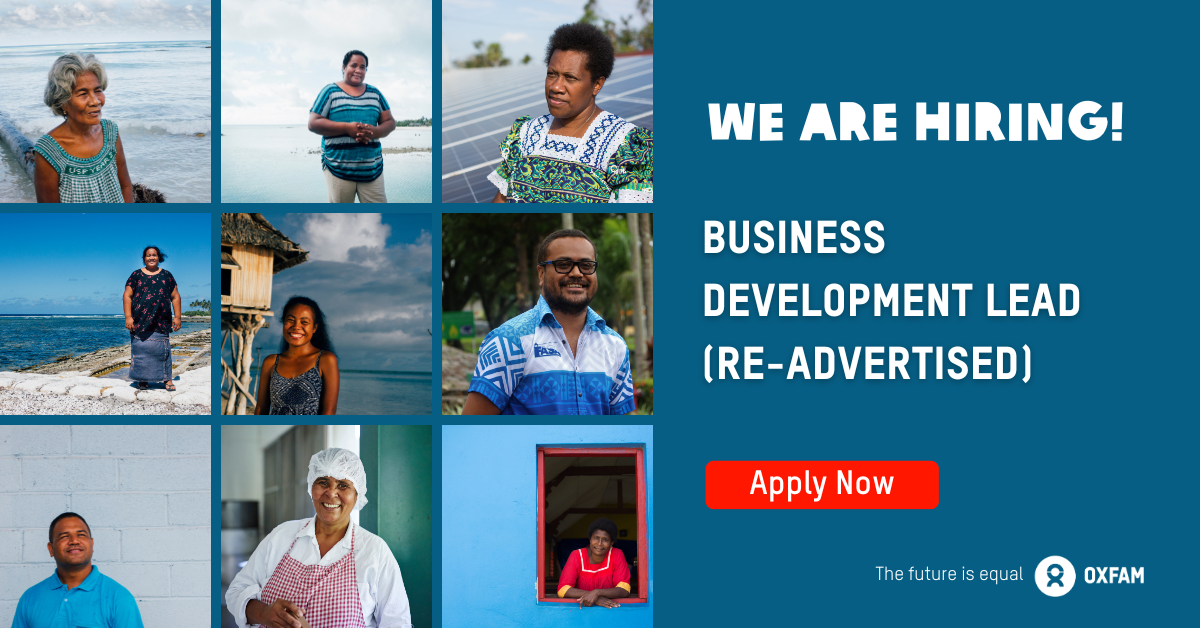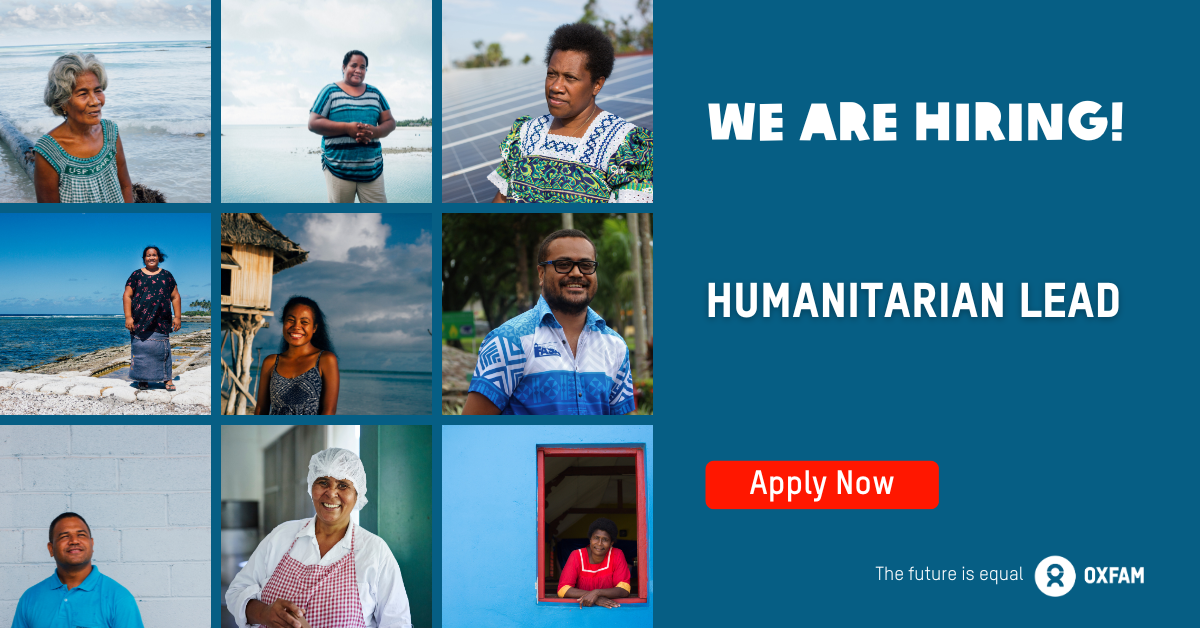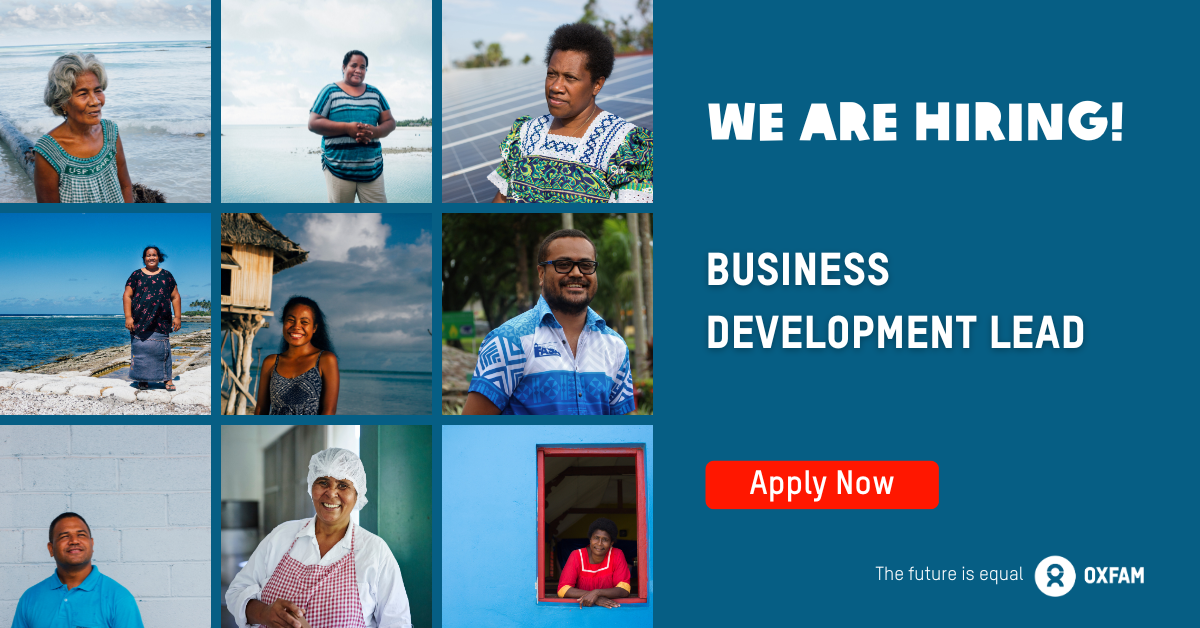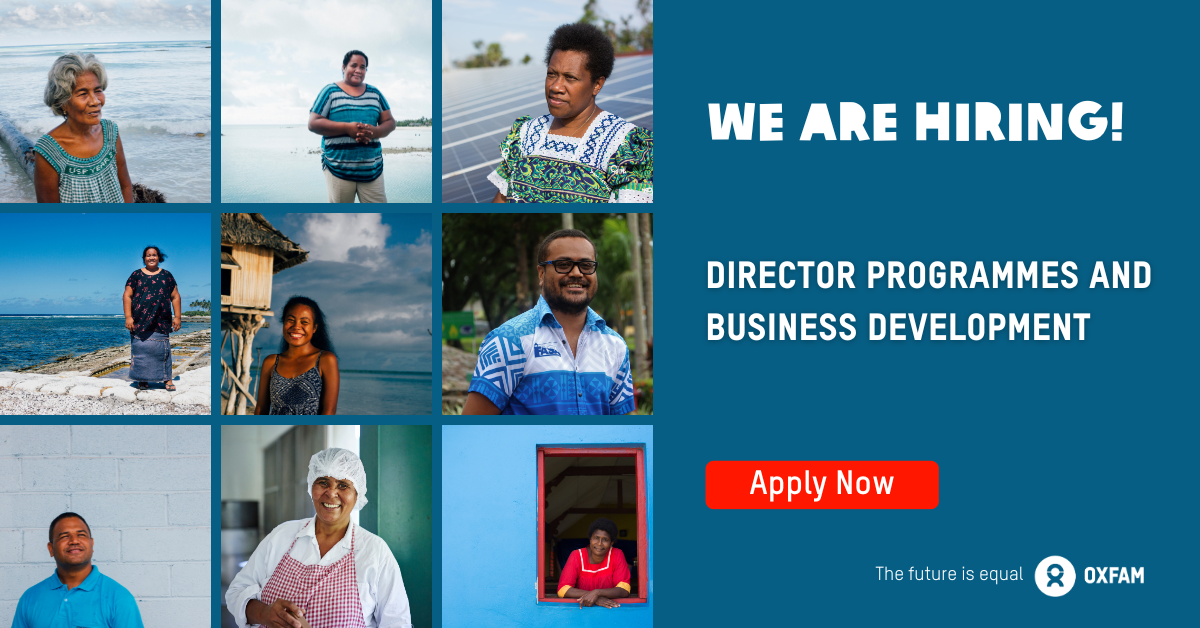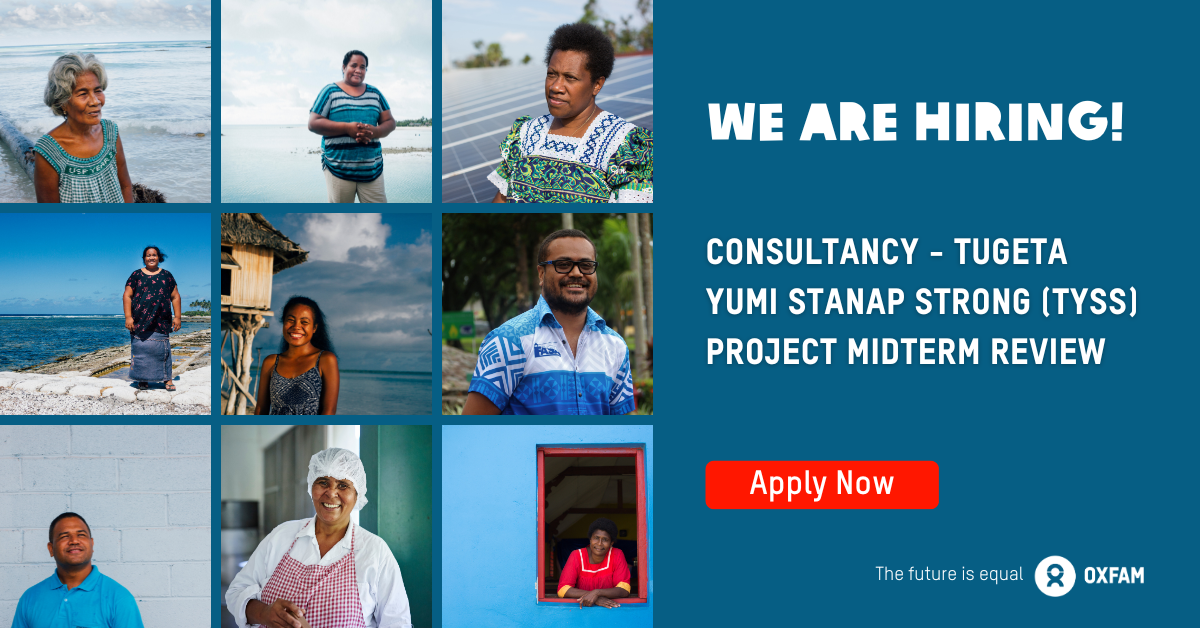The competition for space by donors, intergovernmental agencies and international NGOs in Pacific countries in the aftermath of disasters causes more harm than good, a major regional meeting on ending violence against women has heard.
Poor coordination and a failure to connect with local groups already working on the ground often lead to a waste of resources and do not meet the needs of affected communities, according to discussions at the eighth meeting of the Pacific Women’s Network Against Violence Against Women (PWNAVAW) at the Warwick Resort near Sigatoka in Fiji.
“For issues to do with ending violence against women and girls, gender equality and women’s human rights, there needs to be better coordination around this space in the Pacific,” says Ofa Guttenbeil-Likiliki, director of Tonga Women and Children Crisis Centre.
“When there are donors, INGOs and international agencies moving into the Pacific, for example post-natural disaster, they need to speak to the groups on the ground, the local women, who know what their communities look like and who know how the women and children suffer during these times – before creating initiatives they think will work in the Pacific.
“It’s timely that we have this conversation because often the coordination on the ground after a natural disaster gives birth to so much chaos. There’s funding pouring in, there are donations pouring into the country and often our leaders say ‘yes, yes, yes’ because they need access to the funding.
“However, once these players move out of the scene there’s not really much development that we can see.
“It’s about time we say ‘hey, you need to listen to us, we’ve got a lot to say and we can cut the work in half if you just come and have this conversation on an equal basis with us,’” says Ms Guttenbeil-Likiliki.
Shamima Ali, the Cooordinator of the Fiji Women’s Crisis Centre and Chair of the PWNAVAW, highlighted the phenomenon dubbed “disaster tourism” in which humanitarian responders from all over the world flood into Pacific countries affected by disasters, often with very little knowledge of the context in which they find themselves.
While these responders may come with the best intentions, they sometimes also bring with them other issues, including the sexual abuse and exploitation of women and girls and those living with disabilities.
Represented at the meeting are: Cook Islands, Federated States of Micronesia, Fiji, Kiribati, Marshall Islands, Nauru, Papua New Guinea, Samoa, Solomon Islands, Tonga and Vanuatu.
The major regional meeting discussing the elimination of violence against women ends on Friday, 14 December 2018.
SOURCE: Fiji Women’s Crisis Centre

